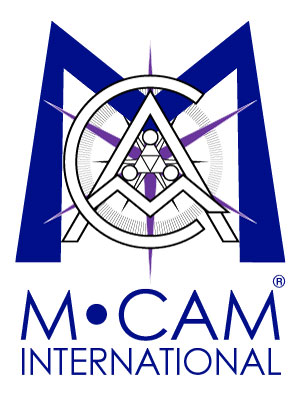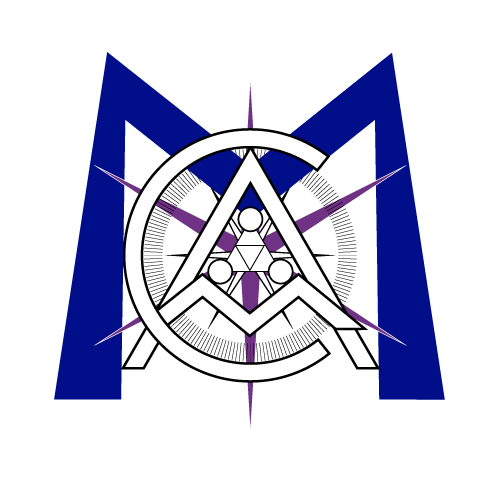PUBPAT NEWS: U.S. Patent Office Rejects Key HIV/AIDS Drug Patents at PUBPAT Request
Date: Wed, 2008-01-23
U.S. PATENT OFFICE REJECTS KEY HIV/AIDS DRUG PATENTS AT PUBPAT REQUEST: Government Finds Prior Art Submitted by PUBPAT Invalidates All of Gilead Sciences’ Claims
New York, New York — January 23, 2008 — The Public Patent Foundation (“PUBPAT”) announced today that the U.S. Patent & Trademark Office has rejected four key HIV/AIDS drug patents held by Gilead Sciences that relate to the drug known generically as tenofovir disoproxil fumarate (TDF), a key weapon in the battle against HIV/AIDS. Gilead markets TDF in the United States under the brand name VIREAD and as a part of its ATRIPLA combination product.
Roughly 40 million people worldwide are infected with HIV/AIDS, including more than 1.2 million Americans. The U.S. Food and Drug Administration will not allow anyone other than Gilead distribute TDF in the United States because Gilead claims the four patents challenged by PUBPAT and now rejected by the Patent Office give them the exclusive right to do so.
“Every person suffering from HIV/AIDS has a right to get the best medical treatment science can offer, without any unjustified impediments placed in their way,” said Dan Ravicher, PUBPAT’s Executive Director. “This includes Americans infected with HIV/AIDS, who are entitled to the best pharmaceuticals possible without undeserved patents making them exorbitantly expensive.”
In its filings challenging the patents, PUBPAT submitted prior art that Gilead had not disclosed to the Patent Office during the patent application process that resulted in the patents being granted to the Foster City, California, biopharmaceutical giant. PUBPAT also described in detail how the prior art would have prohibited the patents from being issued in the first place, had the Patent Office had been aware of it. The Patent Office has now agreed with PUBPAT and found that each of the four Gilead Sciences patents are undeserved. Although Gilead has the right to respond to the Patent Office’s rejections of the patents, third party requests for re-examination, like the ones filed by PUBPAT against the four Gilead TDF patents, are successful in causing the reviewed patents to either be revoked or changed more than two-thirds of the time.
“We are extremely pleased that the Patent Office has agreed with us that Gilead’s TDF patents are invalid,” said Ravicher. “This means that we are now well on the way towards ending the harm being caused to the public by Gilead’s use of the patents to prevent anyone else from offering TDF to HIV/AIDS patients in the United States.”
The Gilead Sciences TDF patents challenged by PUBPAT that have now been rejected by the Patent Office are U.S. Patents No. 5,922,695, 5,935,946, 5,977,089 and 6,043,230. Gilead has applied for similar patents on TDF in other countries throughout the world, including India, where they have received fierce opposition by non-profit AIDS patient groups.
More information about the reexaminations of the four Gilead Sciences TDF patents challenged by PUBPAT, including copies of the official Office Actions issued by the Patent Office rejecting all of the claims of each of the four patents, can be found at http://www.pubpat.org/gileadhivaidsdrug.htm.


Sorry, the comment form is closed at this time.